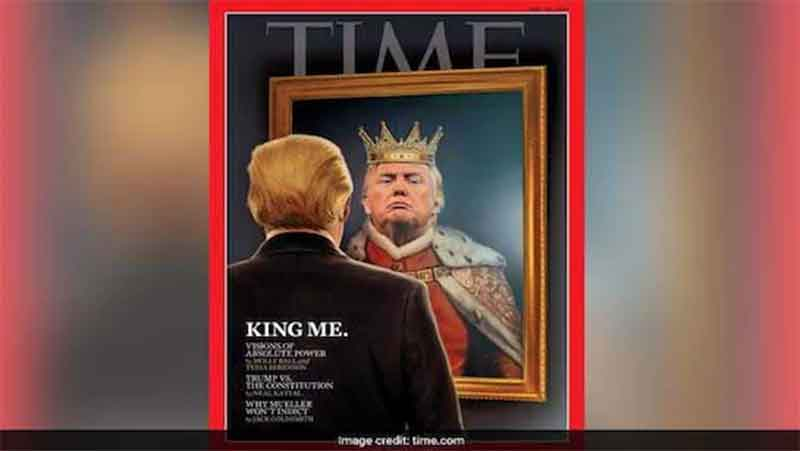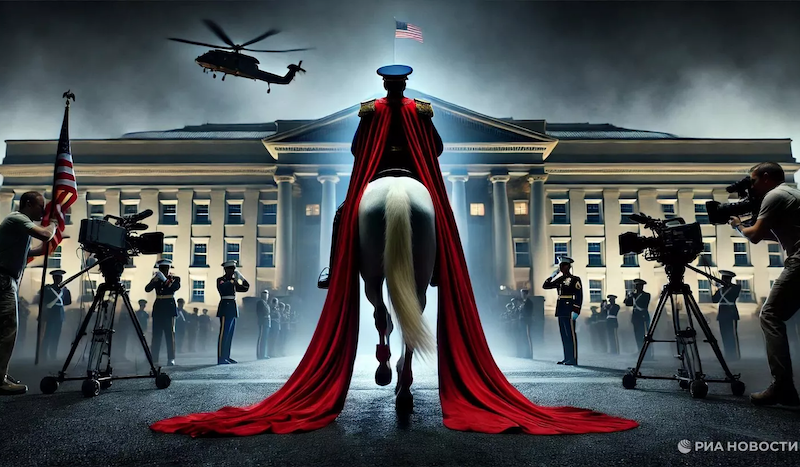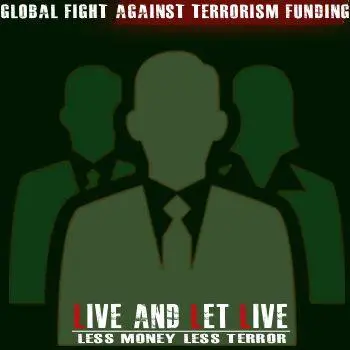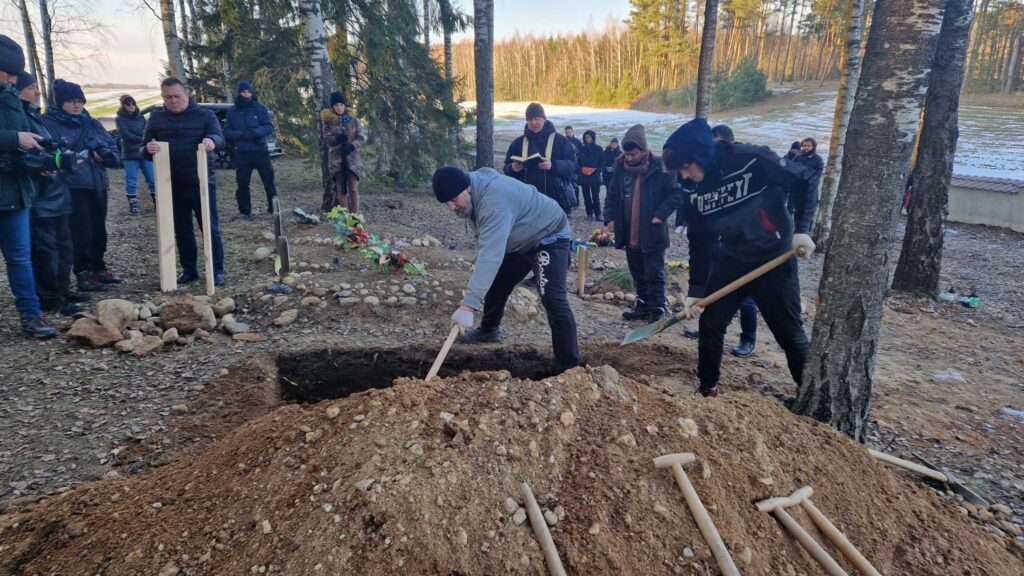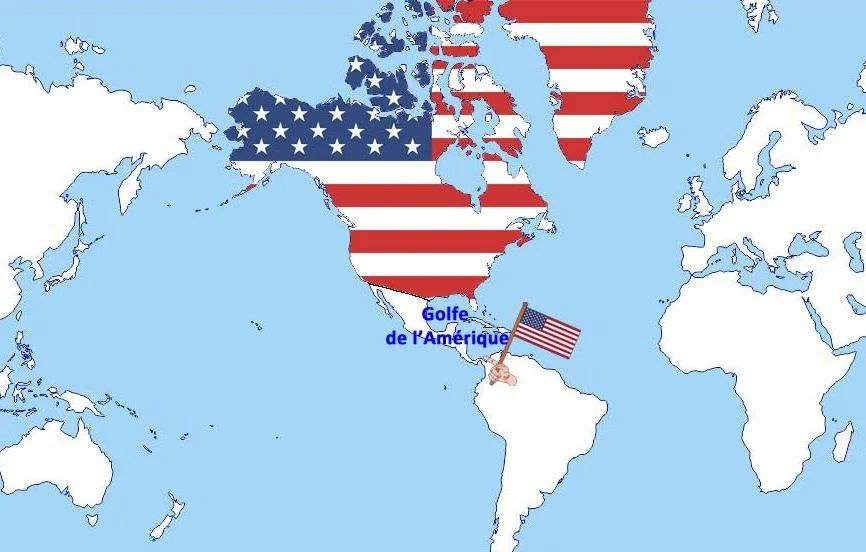Extremist Content Online: ISIS-K-Linked Voice of Khorasan Web Magazine Recommends Use of Telegram Communications App Despite Terms of Service Change, U.S. White Supremacist Groups Continue to Promote Mass Deportations
The Counter Extremism Project (CEP) reports weekly on the methods used by extremists and terrorist groups on the Internet to spread propaganda and incite violence. Last week, the ISIS-K-linked propaganda group al-Azaim Media released issue 43 of the Voice of Khorasan web magazine. A feature article compared the Telegram communications app with similar services and recommended the continued use of Telegram despite a September 2024 change in the platform’s terms of service.

